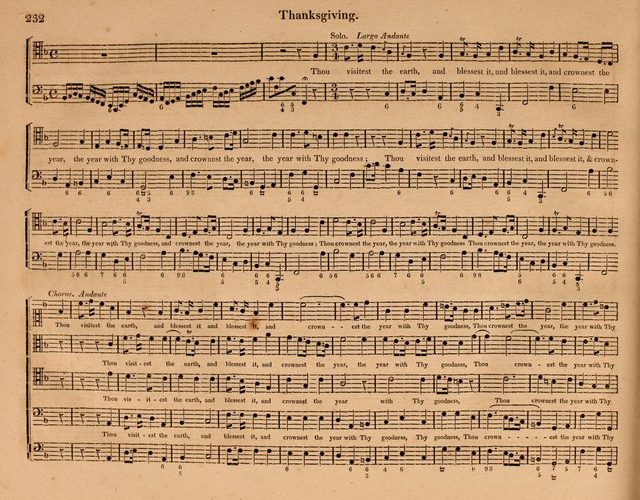My Little Gnudren.
We must love the Lord our God with all our heart, and mind and strength and our neighbour as ourselves. Then we will not go far wrong. Mr. Maurice Greene became the organist of St. Paul’s Cathedral London, when Richard Brind died in 1718. Despite becoming a professor of music at Cambridge and Master of the King’s Musick – they didn’t know how to spell proper in those days – he was a humbilious man. He much admired the musick of Mr. George Frederick Handel who was knocking around at the time.

Mr. Burney, a contemporary, wrote,
……he [Mr. Greene] had literally condescended to become his bellows-blower, when he [Handel] went to St. Paul’s to play on the organ… Handel, after the three o’clock prayers, used frequently to get himself and Greene locked up in the church together, and in summer often stript unto his shirt, and played till eight or nine o’clock at night.”
Here is a picture of Dr. Greene – let’s call him Maurice.

No wonder he stript to his shirt to pump the bellows for George Frederick. Imagine trying to pump organ bellows wearing that lot. I think these are his doctoral robes from Cambridge University, not his dressing gown. Our kindly Maurice was also friends with the then famous composer by the name of Giovanni Bononcini. [Let’s call him Bono for short.]

Unfortunately, Bono’s fame as a composer was limited to his lifetime, although some of it has recently come to light and contains interest. But when George fell out with Bono, (and please remember the great man George had a vile temper and could swear proficiently in at least five of six languages), our kindly Maurice, good Christian that he was, continued being friendly with both George and Bono. But George wasn’t having it. Obviously the 3 o’clock prayers hadn’t done him much good. Poor old Maurice fell out of favour with the mighty George.
Another reason why George continued to dislike Maurice occurred in January 1731. Maurice, in good faith, introduced a piece of music by Bono to the Academy of Ancient Musick. But it was later discovered that the piece was by Mr. A. Lotti, a far superior composer to Bono. For this act of deception Bono was requested to leave the Academy and the honest Maurice resigned even though he was not at fault. George disliked Maurice even more after this.
In 1738 the ever kindly Maurice, together with two other successful musicians, raised money to start a “Fund for the Support of Decayed Musicians and their families.” Generous hearted Maurice knew well that, in the main, a musician’s lot is not a happy one, especially once the decay sets in.
There are many more things that could be said about this good man, but are they not written in the Chronicles of Grove’s Dictionary of Music & Musicians? On the first of December in the year of our Lord, one thousand seven hundred and fifty five, the kindly Maurice waded into the Jordan and crossed over to the other side. But remember this: next time you hear a parish choir, at Harvest, murdering the anthem “Thou Visitest The Earth”, don’t forget that it was written by a man who was full of humbility, kind, and thought about his neighbours.

